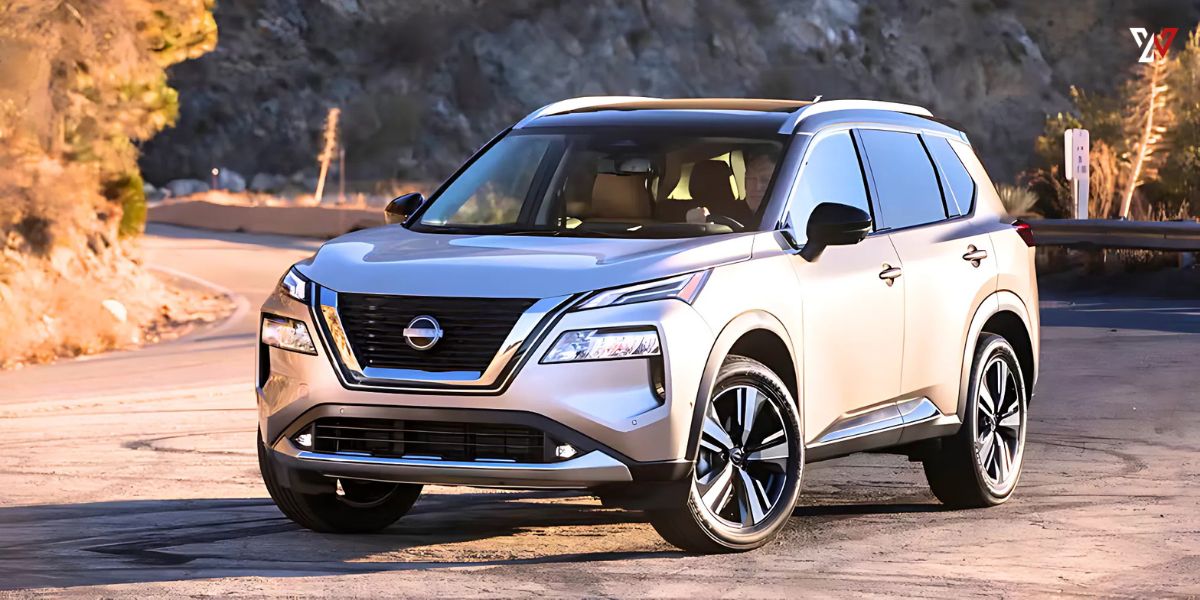Driven Brands CFO: Exits The Chief Financial Officer (CFO) of Driven Brands, Tiffany Mason, left the automotive services company suddenly last week. According to a filing with the Securities and Excha

C7 Corvette ZR1 Sets 173 MPH Average Over 118 Miles — Melts Its Own Rear Bumper in the Process
The C7 Corvette ZR1 remains one of Chevrolet’s most remarkable engineering feats — a mix of supercar performance and American muscle heritage. For Anhalt, it’s not just a collector’s item; it’s a machine built to dominate the open road.














